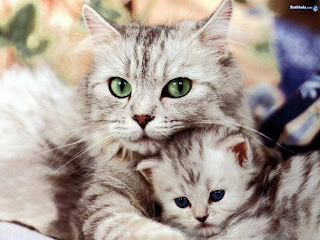
Writer Unboxed is one of my favorite blogs, and with good reason. Not only does Therese Walsh, co-founder of the blog, write about issues every writer--whether amateur, part-time or pro--wrestles with, she does it in a way that lets her clear, fluid, writing style shine through.
Beautiful!
Therese, a died-in-the-wool pantser, decided to try her hand at plotting her next novel.
Pantser Turned Plotter ... Temporarily.
Therese writes:
Though some pantsers shun plotting, saying the story will end up stale and formulaic if it’s planned out ahead of time, I’ve seen plotters work through outlines and synopses, use Scrivener and the like, and end up with beautiful works of fiction that read as organic and authentic.Good luck with that! Whenever I try and tell characters what to do they laugh condescendingly at me and go on their merry way, wreaking havoc with my outline.
So I decided.
I’d control the second book. I’d make the characters do what I told them to do. (Notes From a Desk (2): Respecting Your Process)
As you can guess, it didn't work out.
For me, and perhaps I'm a weird hybrid of plotter and pantser, just because I start writing with an outline doesn't mean I'll follow it!
I know that sounds wonky, why create an outline if you don't intend to follow it?
I think Mary Robinette Kowal said it best in her workshop at last years Surrey International Writers' Conference: Use your outline like a road map.
If you decide to take a road trip from Tallahassee Florida to Sacramento California--you plotted your route the night before--you can still change your mind along the way ('Oh, look! The world's largest ball of string. Only 50 miles that-a-way.') and make detours. Of course it'll cost you something. More time, more gas.
You can even change your destination, but that would change a lot of other things on the map as well and the cost would be greater. But you can do it. All a road map does is show you, at any moment in time, where you want to go and where you've been. That's it. Whether you follow it is entirely up to you and your muse.
Ray Bradbury: It's important to get out of your own way.
For some writers getting out of one's way means plotting the story in advance, while for others it means pantsing it all the way through.
Just as no two stories--and no two structures!--are exactly the same, so each writer is different.
How do you know what kind of writer you are? This is a question I had for a long time. I tried various things, read books about structure, and then, somehow, somewhere between wrenching words out of my gut and thinking about plot structure, the way I wrote slowly came together.
But it took years, and I don't think the process will ever be finished. Well, except when I'm dead! But until then it'll be in flux, evolving, the only constant being that I must write.
Well, that, and writing should be fun. At the end of the day, if you're not occasionally having fun there are other, probably more lucrative, ways to make a living.
Which are you, a plotter or a pantser? Have you ever tried to mix it up and try the other way of doing things? Any of you plotters decided to chuck the cork board, shred the index cards, and just write, destination unknown? Have any of you pantsers decided to do what Therese Walsh did and meticulously plot out your novel? How'd it turn out?
Other articles you might like:
- Is Writing Your Brightest Fire? Guest Post By Max W. Miller- 6 Ways To Write Every Day
- How To Write A Great Opening For Your Story
Photo credit: "Stop For a Minute" by MSVG under Creative Commons Attribution 2.0.

